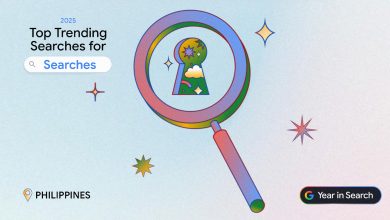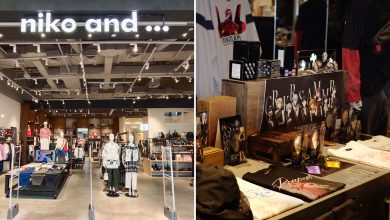MANILA, PHILIPPINES — A study from Twilio, the customer engagement platform that drives real-time, personalized experiences for today’s leading brands, reveals that consumers in the Philippines are most comfortable with data sharing in Asia Pacific (APAC), with 92% of respondents expressing their willingness to share their personal data with trusted brands.
While consumers in the region are generally well-informed about businesses’ data practices, Filipinos emerged as relatively data aware. Specifically, Filipino consumers are aware that organizations use their data (34%), and how their data is being used by brands (31%).
The Philippines was also found to have the highest number of consumers (70%) who are aware of Google’s decision to discontinue the use of third-party cookies.
Twilio’s “The Consumer Data Revolution in Asia Pacific” explores consumers’ preferences, attitudes, and expectations around data sharing and highlights opportunities for brands to strengthen consumer trust in the imminent cookie-less future. The report includes findings from a total of 1,500 consumers in APAC across Singapore, Hong Kong, Australia, the Philippines, Indonesia, and Japan.
Consumers open towards data sharing, but expect clear communication
While consumers in APAC are generally not at all averse to data sharing, they place a particularly high level of importance on the relevance of the ads they are served – over half of consumers in the region agree that personalized ads provide them with more options after making a purchase.
In the Philippines, consumers are particularly inclined to favor personalized experiences – ranking first in APAC, along with general receptiveness towards data sharing. Majority (89%) of Filipinos believe that personalization adds value to online experiences and are generally open to brands using first-party data, or data collected directly with consumers’ consent, as long as this translates to more tailored customer experiences.
Findings suggest that first-party data collection is linked to better customer engagement – 83% of consumers in the Philippines are more willing to engage or respond to brands reaching out to them, if they know these brands obtained data from them directly instead of third parties. Additionally, good experience and transparent policies were found to be the top two drivers for data sharing among respondents in the region – implying the criticality of embracing first-party data collection in building deeper customer relationships.
Higher than any other country in Southeast Asia, consumers in the Philippines expect brands to provide clear information on how consumer data will be used (64%) and to ask for consent whenever they use consumer data (69%) to strengthen consumer trust. This supports findings in Twilio’s recently released “State of Customer Engagement Report 2023,” where 46% of consumers in the Philippines were found to have stopped purchasing from a brand after their expectations for data privacy and transparency were not met.
These insights reflect consumers’ increasing proactiveness in safeguarding data privacy, as they become more comfortable sharing personal data.
Riding into the cookie sunset
With barely two years to go until the cookie sunset, consumers now have higher data privacy expectations, fueled by a growing awareness around risks associated with third-party data collection and storage. Regionally, 72% of consumers believe in staying away from websites that collect cookies – reflecting a general aversion to third-party data collection, even if most are well aware that rejecting cookies in websites and apps limits brands’ ability to personalize customer engagement.
In spite of data privacy woes, consumers in the Philippines were found to be generally more open than most APAC countries in receiving necessary cookies. In APAC, the Philippines had the highest number of consumers who were willing to share cookies for marketing purposes (32%). Moreover, 38% of consumers in the Philippines are keen to share cookies if this means websites can better remember consumer preferences – in fact, 53% of consumers in the Philippines are comfortable receiving an email after leaving an item in their online cart.
Overall, brand transparency has become critical to winning consumer trust, as 90% of consumers in the region will lose trust in a brand if site owners do not disclose the use of cookies and provide an option for consumers to opt out.
Tackling cyberattacks with transparency
Cyberattacks may be a growing threat to data-reliant businesses in the country, but interestingly, consumers in the Philippines are generally open to sharing data with brands that have suffered a major breach. Higher than any other country in APAC, 31% of consumers in the Philippines are still willing to share personal data with their favorite brand following a data breach. In the Philippines, 68% of consumers also shared an increased willingness to share personal data, if a brand is transparent and proactive in taking the right steps to address the situation.
Following phases of hype and skepticism, it is evident that clear and concise communication, together with trust, will underpin the next phase of growth for the digital consumer experience.
“Today, consumers expect brands to protect their data and be upfront about how their data is being used. The combination of skepticism towards third-party data, along with the willingness to share data with trusted brands, is fueling new opportunities and forging the pathway to a healthy and sustainable data-sharing ecosystem in the Philippines and across the region,” said Nicholas Kontopoulos, Vice President of Marketing, Asia Pacific & Japan.
Twilio’s The Consumer Data Revolution in Asia Pacific consumer report can be downloaded here.








